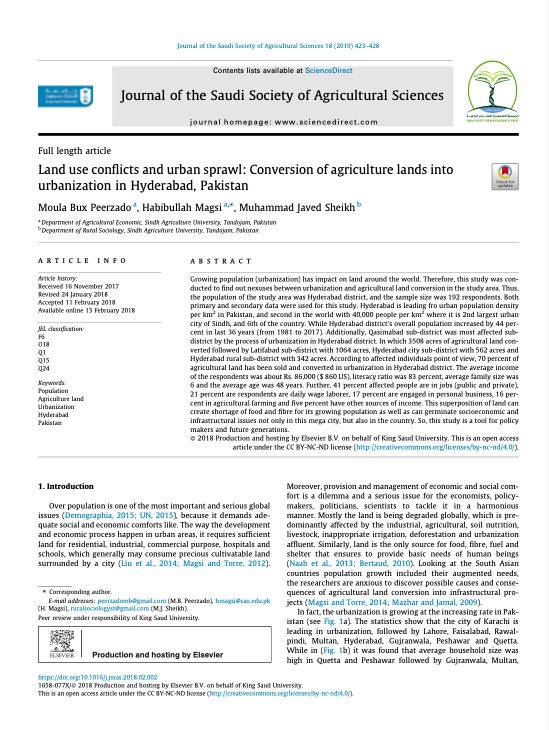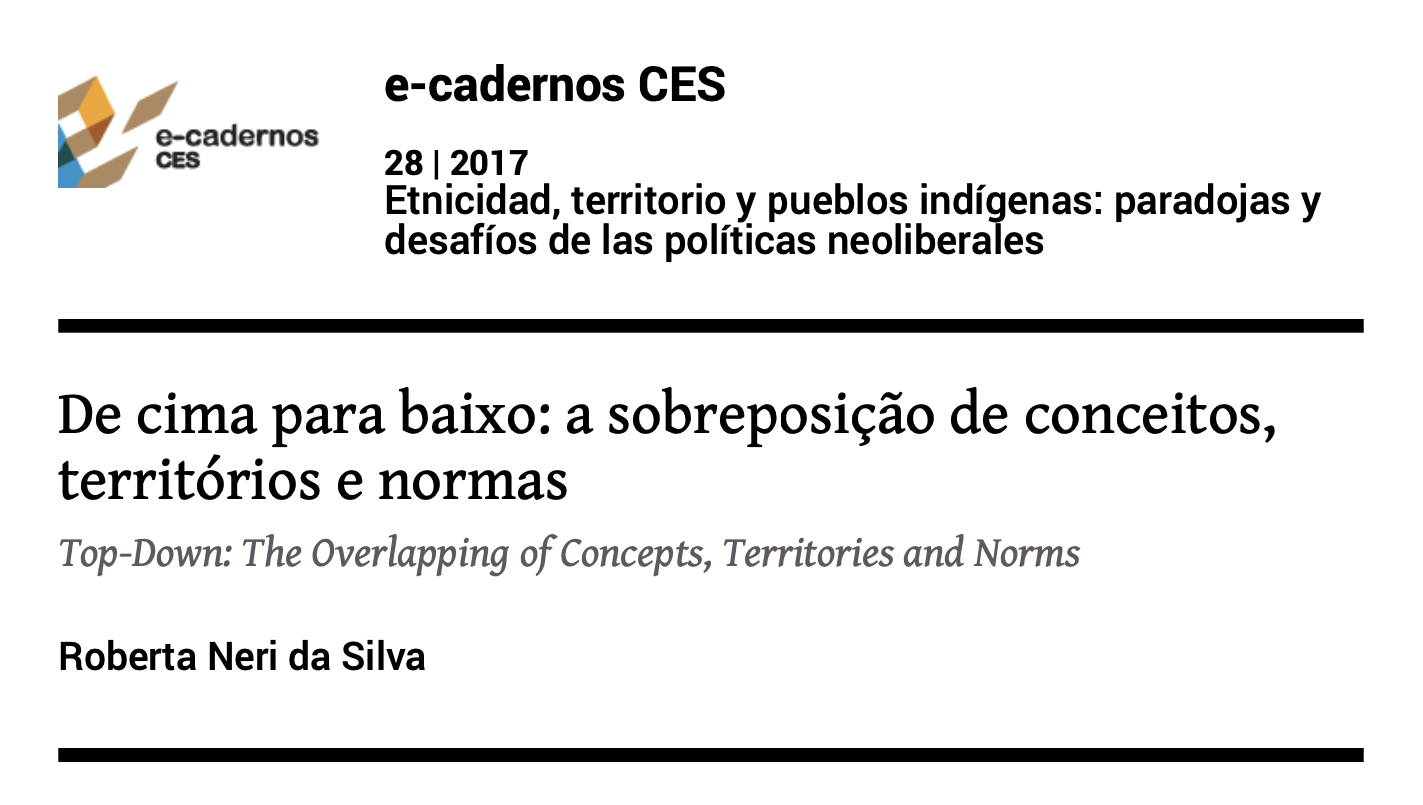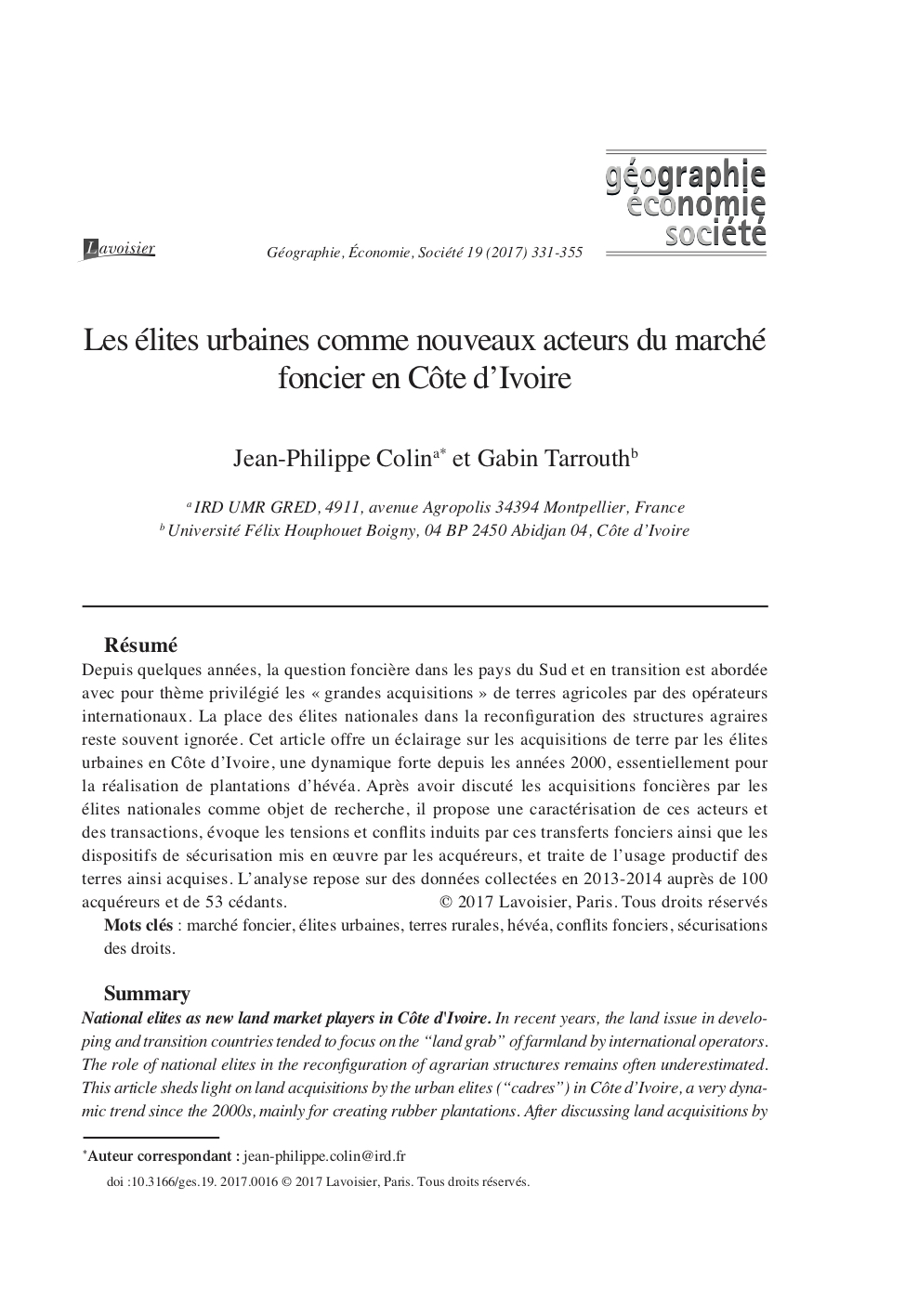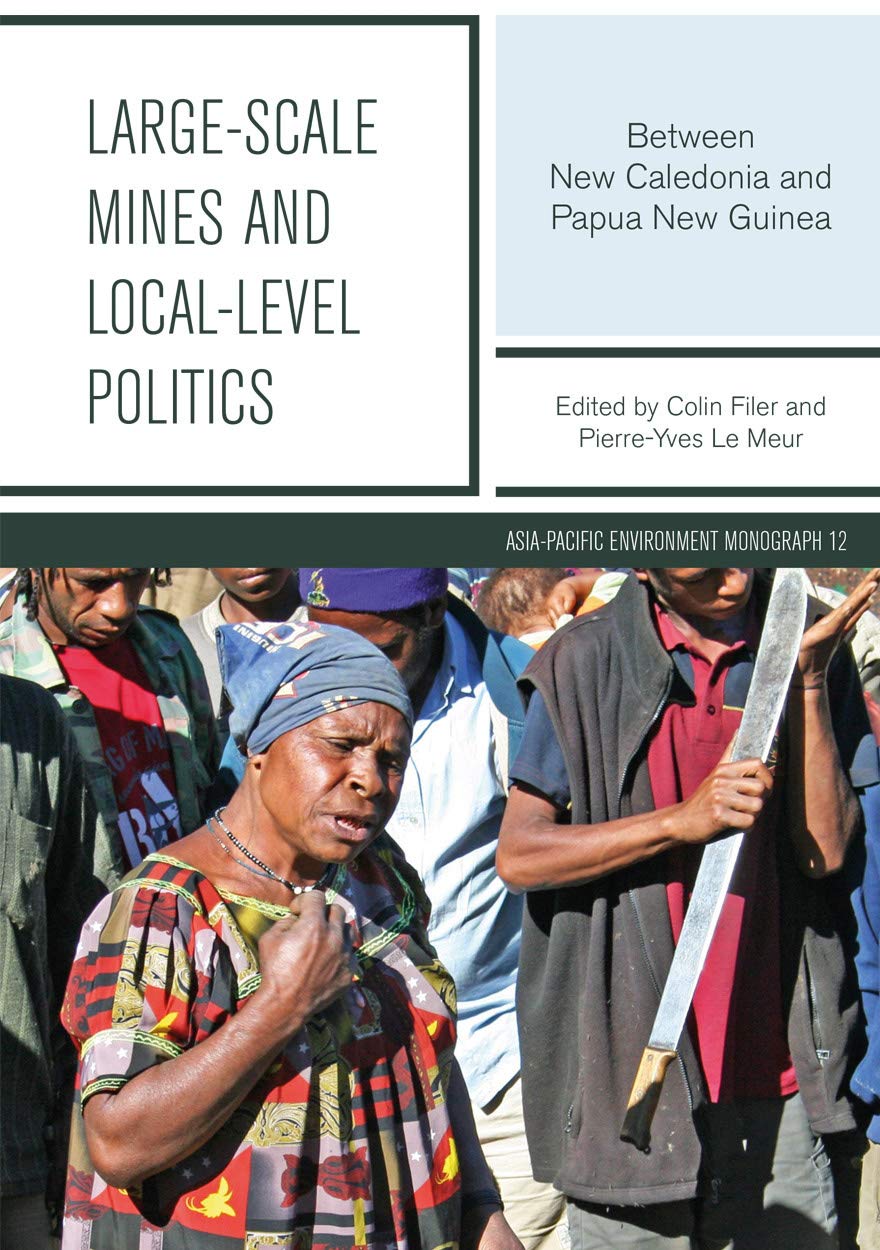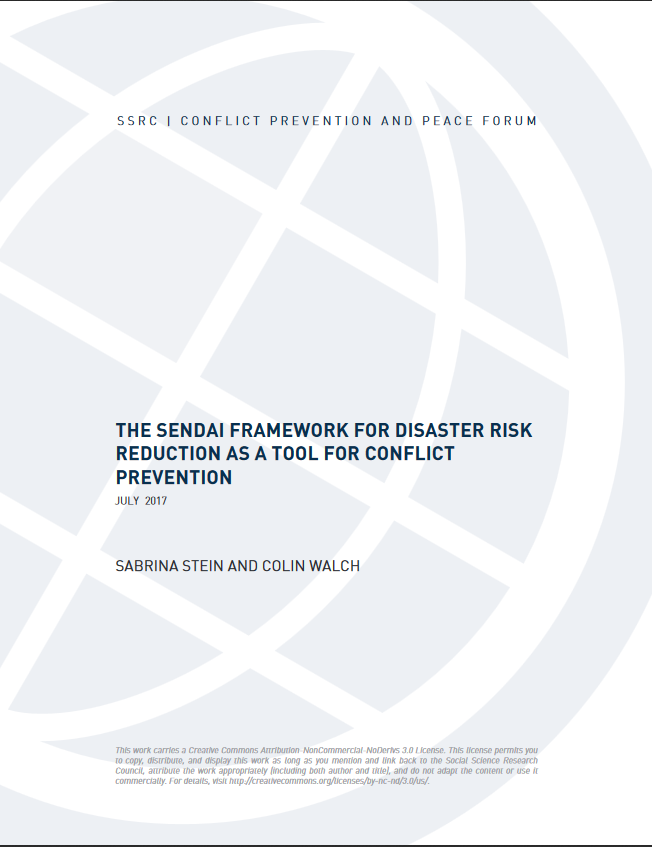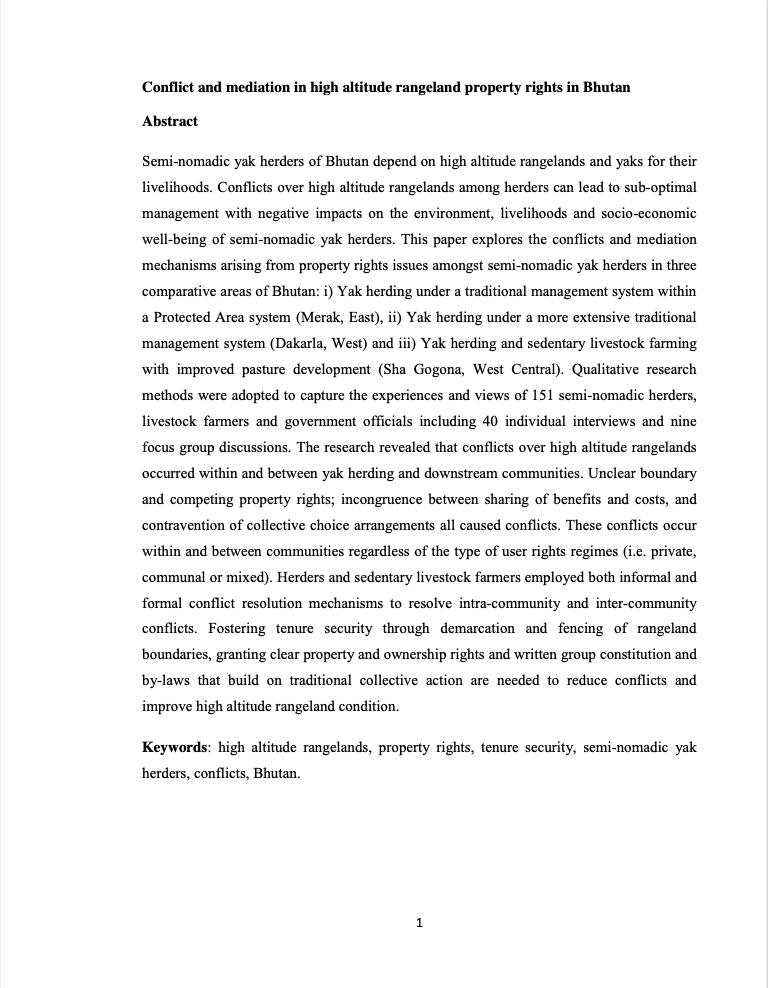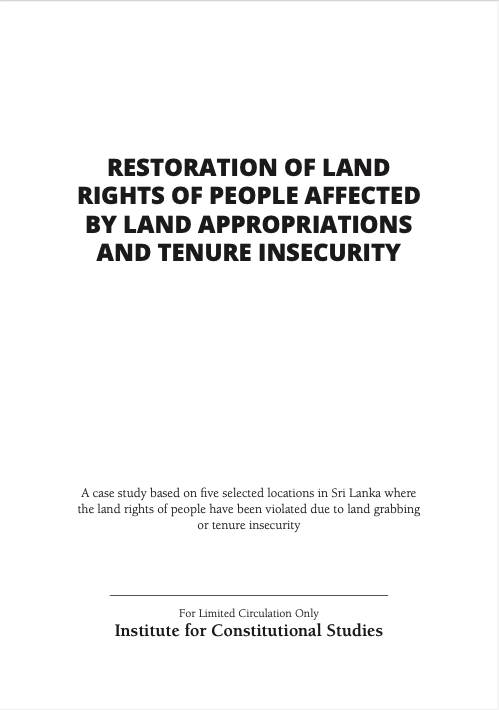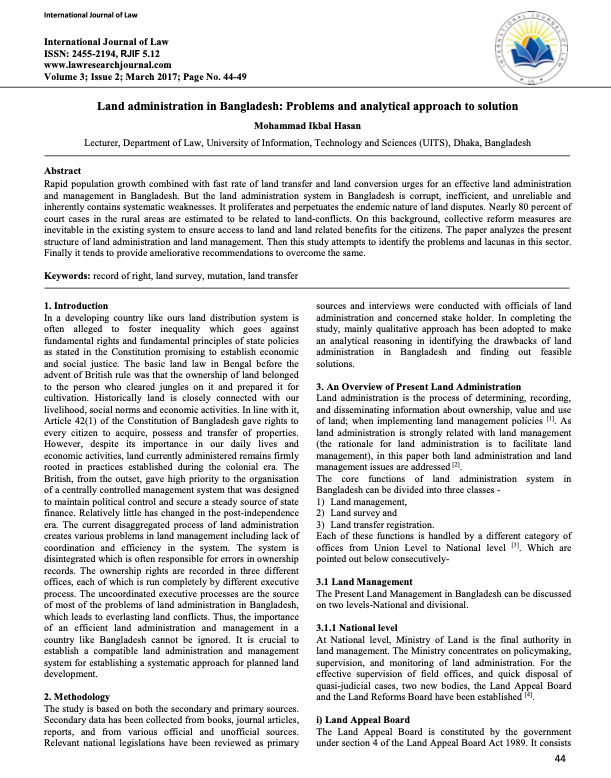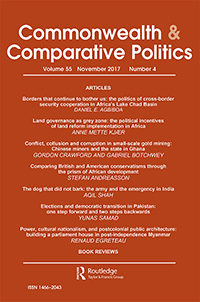Land use conflicts and urban sprawl: Conversion of agriculture lands into urbanization in Hyderabad, Pakistan
Growing population (urbanization) has impact on land around the world. Therefore, this study was con- ducted to find out nexuses between urbanization and agricultural land conversion in the study area. Thus, the population of the study area was Hyderabad district, and the sample size was 192 respondents. Both primary and secondary data were used for this study. Hyderabad is leading fro urban population density per km2 in Pakistan, and second in the world with 40,000 people per km2 where it is 2nd largest urban city of Sindh, and 6th of the country.

